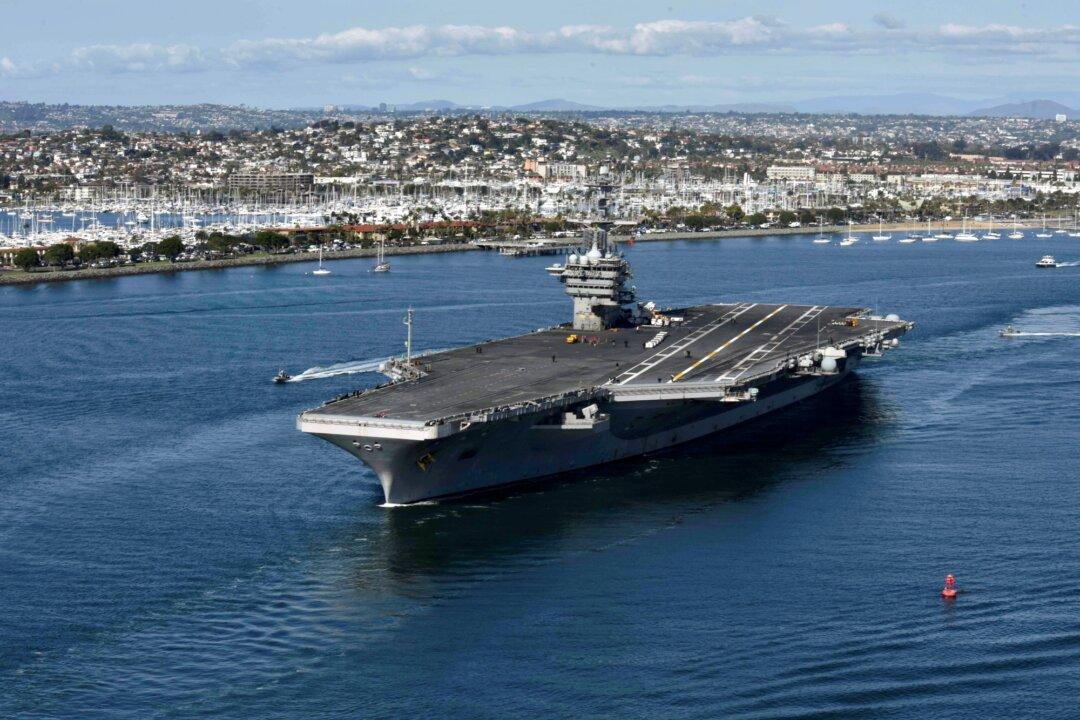A former U.S. Navy sailor has been sentenced to 30 months in prison for conspiring with her husband to illegally ship export-controlled sensitive military equipment to China for profit, the U.S. Department of Justice (DOJ) announced on Dec. 21.
Ye Sang “Ivy” Wang, 37, a naturalized U.S. citizen from China, was a logistics specialist for the U.S. Naval Special Warfare Command from 2015 to 2019, where her duties included making military equipment purchases, according to a DOJ statement.





